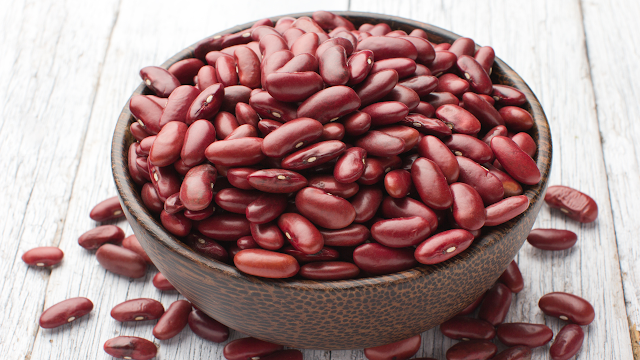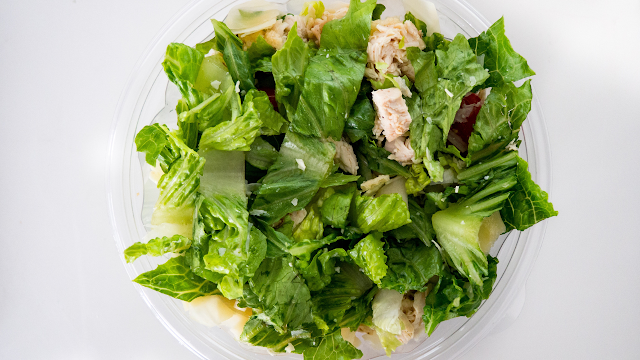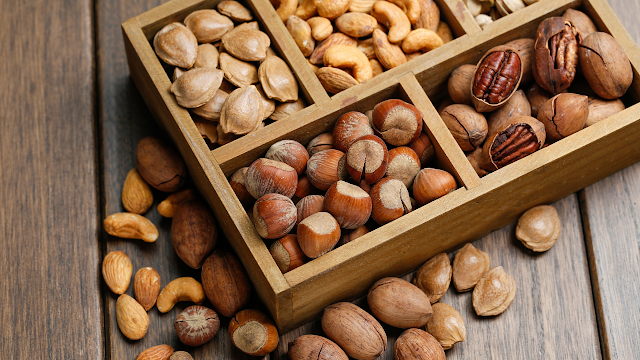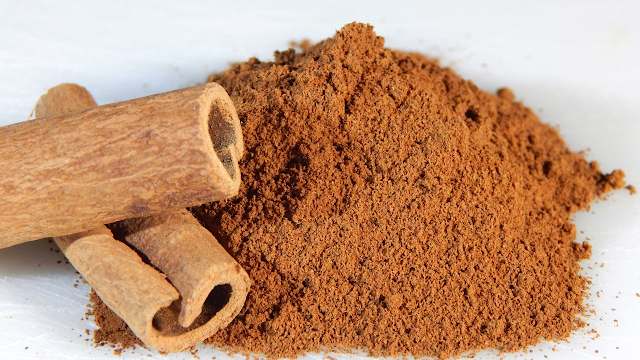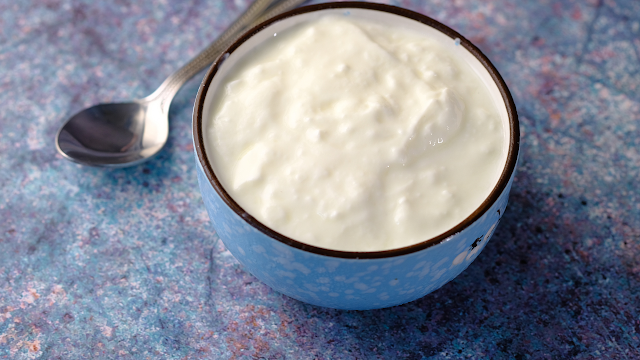5 Powerful Foods That Help Regulate Blood Sugar Levels, Including Beans
Maintaining stable blood sugar levels is crucial for overall health, particularly for individuals with diabetes or those at risk of developing the condition. While medications play a significant role in managing blood sugar, a healthy diet is equally important. Certain foods possess remarkable properties that can aid in regulating blood sugar levels naturally. In this article, we will explore five such foods, with a special focus on the remarkable benefits of beans.
Beans: Nature's Blood Sugar Regulator
Beans are a nutritional powerhouse that boasts several benefits for individuals concerned about their blood sugar levels. They are rich in fiber, protein, and complex carbohydrates, which contribute to their slow digestion and gradual release of glucose into the bloodstream. This slow release helps prevent spikes in blood sugar levels and promotes better glycemic control.
Additionally, beans are low in glycemic index (GI), meaning they have a minimal impact on blood sugar levels. They are also packed with soluble fiber, which forms a gel-like substance in the digestive tract, slowing down the absorption of sugar into the bloodstream. Studies have demonstrated that incorporating beans into the diet can improve blood sugar control, insulin sensitivity, and overall heart health.
Leafy Green Vegetables: A Vital Addition to Blood Sugar Management
Leafy green vegetables, such as spinach, kale, and Swiss chard, are excellent additions to a blood sugar-regulating diet. They are low in calories and high in fiber, which aids in slowing down the digestion and absorption of carbohydrates. This gradual release of sugars into the bloodstream helps prevent rapid blood sugar spikes.
Moreover, these vegetables are rich in antioxidants, vitamins, and minerals, which have been linked to improved insulin sensitivity. Including a variety of leafy greens in your meals can also contribute to weight management and reduce the risk of developing type 2 diabetes.
Nuts and Seeds: Nature's Healthy Fats for Blood Sugar Balance
Nuts and seeds, such as almonds, walnuts, flaxseeds, and chia seeds, offer an array of health benefits, including their ability to help regulate blood sugar levels. These nutritional powerhouses are packed with healthy fats, protein, and fiber, which promote satiety and help control blood sugar fluctuations.
The monounsaturated and polyunsaturated fats found in nuts and seeds are known for their positive impact on insulin sensitivity. They also provide a good balance of omega-3 and omega-6 fatty acids, which are essential for overall health. Adding a handful of nuts or a sprinkle of seeds to your meals or snacks can provide a healthy boost to blood sugar management.
Cinnamon: A Sweet Spice for Blood Sugar Control
Cinnamon, a fragrant spice derived from the bark of trees, has gained popularity for its potential blood sugar-regulating properties. It contains bioactive compounds that can mimic insulin's action, helping cells effectively utilize glucose from the bloodstream.
Research suggests that cinnamon can improve insulin sensitivity and reduce fasting blood sugar levels. It also aids in slowing down the digestion of carbohydrates, which contributes to better glycemic control. Adding a pinch of cinnamon to your morning oatmeal, yogurt, or smoothies can provide a natural and flavorful way to support blood sugar management.
Greek Yogurt: A Protein-Packed Blood Sugar Stabilizer
Greek yogurt, known for its rich and creamy texture, is an excellent choice for individuals aiming to regulate their blood sugar levels. It is high in protein, which helps promote satiety and prevents rapid spikes in blood sugar. The protein content also aids in stabilizing insulin levels and reducing insulin resistance.
Furthermore, Greek yogurt contains probiotics, which support a healthy gut microbiome. Emerging research suggests
Apologies for the abrupt ending. Here's the continuation:
that a healthy gut microbiome may play a role in blood sugar regulation. By incorporating Greek yogurt into your diet, you can enjoy delicious and nutritious food that contributes to stable blood sugar levels.
Conclusion:
Maintaining stable blood sugar levels is vital for overall health, especially for individuals managing diabetes or at risk of developing the condition. Incorporating the right foods into your diet can significantly contribute to blood sugar regulation. The five foods discussed in this article – beans, leafy green vegetables, nuts and seeds, cinnamon, and Greek yogurt – offer unique properties that aid in controlling blood sugar levels naturally. By including these foods in your meals, you can take proactive steps toward managing your blood sugar and promoting overall well-being.
Remember, it is always advisable to consult with a healthcare professional or a registered dietitian before making significant dietary changes, particularly if you have any underlying health conditions or are on medication.
References:
Anderson JW, et al. Health benefits of dietary fiber. Nutr Rev. 2009;67(4):188-205.
Jenkins DJ, et al. Effect of legumes as part of a low glycemic index diet on glycemic control and cardiovascular risk factors in type 2 diabetes mellitus: a randomized controlled trial. Arch Intern Med. 2012;172(21):1653-1660.
Bazzano LA, et al. Non-soy legume consumption lowers cholesterol levels: a meta-analysis of randomized controlled trials. Nutr Metab Cardiovasc Dis. 2011;21(2):94-103.
Moreno-Indias I, et al. Cardona F. Intermittent hypoxia alters gut microbiota diversity in a mouse model of sleep apnoea. Eur Respir J. 2015;45(4):1055-1065.
Home Doctor: SECRET TO HOW Nursing At Home !!
👍👉 Get it here
📌Create easy your keto diet plan that suites you:
👌👉 Get it here
📬📌 Get your free physical keto cookbook delivered to your House mailbox :
👍👉 Get it here
Hi, try our new service TempMailFast.com Tempmail Fast is a leading temporary email service website that allows users to create disposable email addresses quickly and easily. This website is designed to help users protect their online privacy by providing a temporary email address that can be used for various purposes, such as signing up for online services or registering for a website.

